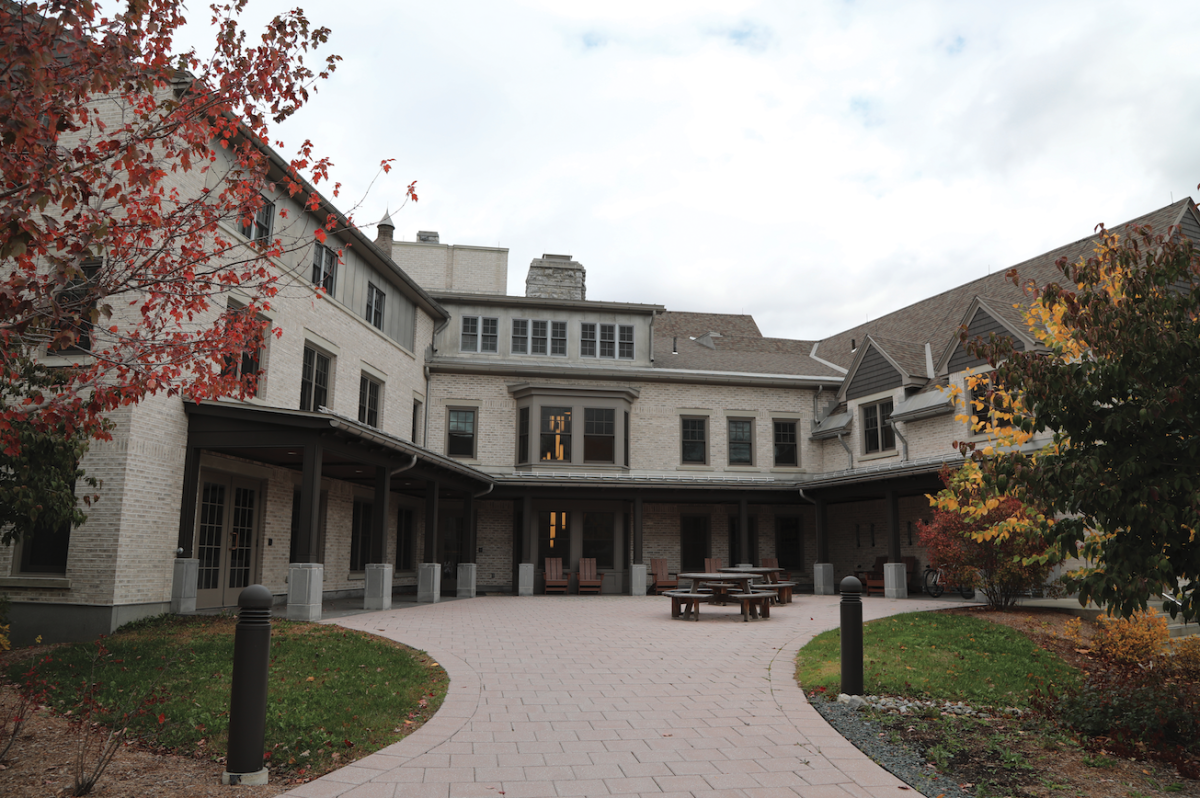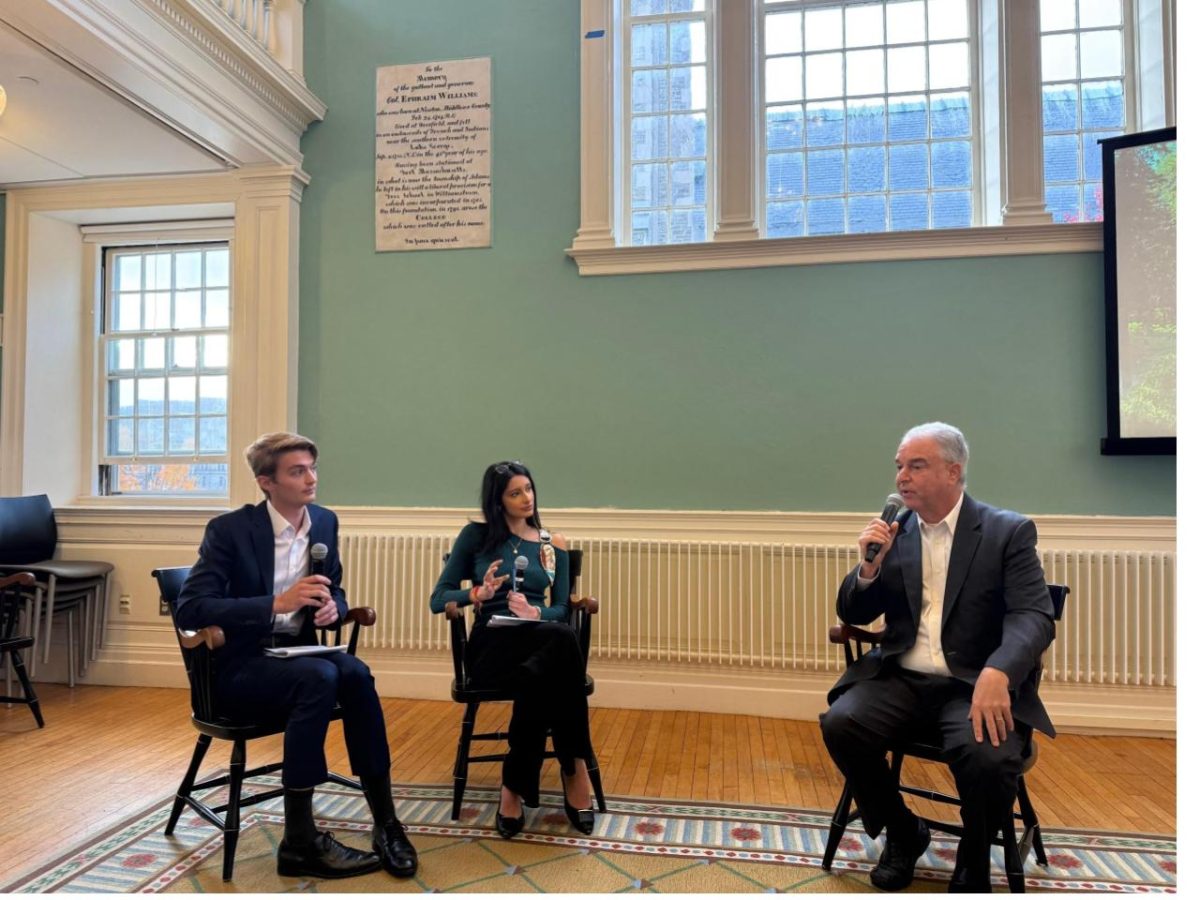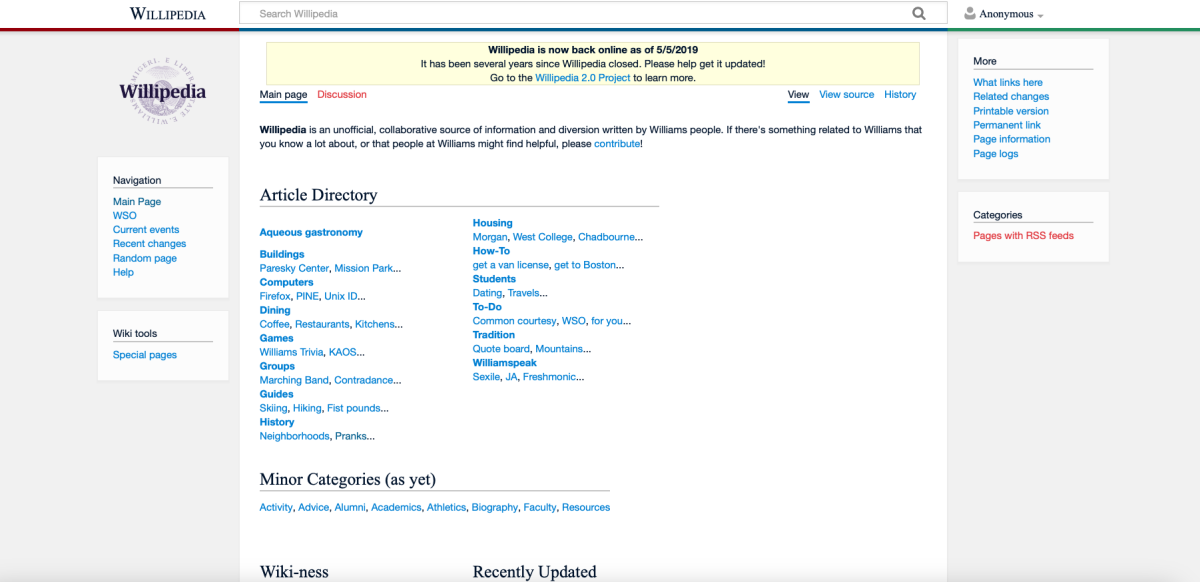At its Nov. 19 meeting, College Council (CC) passed an amendment to the resolution from Nov. 12 that established the Student Government Task Force, a committee charged with drafting a proposal over Winter Study for a new structure of student government.
The amendment specifies the student membership of the Task Force as follows: three representatives from the Minority Coalition; three from CC, with one from the Financial Committee; one from the Student Athlete Advisory Committee; one from club athletics; one from a performance group-based registered student organization (RSO); one from a faith-based RSO; one from a community service-based RSO; one from either the Committee on Educational Affairs, the Committee on Priorities and Resources or the Strategic Planning committees; one from the Junior Advisor class; and two at-large student representatives.
All representatives will be chosen by the student body in a general election. Over the next few days, candidates will submit self-nominations denoting which group they represent, and the election will take place later this week. Candidates may be current or past members of any of the groups in question so long as they are current students at the College.
If turnout for the election is less than 25 percent of the eligible student body, or if the 15 seats cannot be filled, the resolution will be automatically repealed.
Student members of the Task Force will be able to register the Task Force as their Winter Study course, but will not have the option to receive a monetary stipend. The Task Force will receive a budget of $600 earmarked for meals and beverages. All other aspects of the resolution are unchanged from last week.
CC co-president Carlos Cabrera-Lomelí ’20 expressed dismay with CC’s decision to take the stipend off the table.
“I find it extremely disappointing that Council decided not to set the precedent for compensating significant student labor,” he said. “I think that this does not represent the general sentiment on campus around compensation for student leadership positions.”
Parliamentarian Lance Ledet ’21 said he is not confident that the election will proceed successfully. “This was a capstone on a whole semester’s worth of wasted effort,” he said.
Essence Perry ’22, who is not on CC but put forward the suggestion during the meeting that representatives be chosen by way of a general election, said she hopes the selection process will make the Task Force more democratic.
“People are part of lots of different organizations on campus, but I think it’s important to remember that they should represent the larger student body and broader community,” she said.
Earlier in the evening, Dean of the College Marlene Sandstrom, Vice President for Campus Life Steve Klass and Vice President for Institutional Diversity, Equity and Inclusion Leticia S.E. Haynes ’99 discussed the process behind the policies for campus protest, postings and speakers that were formulated over the summer.
They also discussed a policy change at Integrative Wellbeing Services (IWS) that will go into effect in January whereby students will have the option of either weekly sessions with a therapist for a reduced length of 30 minutes or 45-minute sessions every other week.
The current system allows for weekly 45-minute sessions. The policy change is intended to address overwhelming demand at IWS by freeing up therapists to work with students who are currently stuck on the waitlist.
Klass said the waitlist currently contains more than 20 students, and noted that the intention behind the policy change is to open up access to students who signed up for therapy later in the year.








